Cassandre Bois

I am currently a PhD researcher in psychology engaged in co-tutelle at Toulouse University Jean Jaurès (UT2J) and the University of Quebec in Montreal (UQAM). I pursued my undergraduate studies in philosophy at Laval University (Québec), where I also completed my master's thesis focusing on the phenomenological and hermeneutic conception of personal identity in the works of Paul Ricœur and László Tengelyi. This research delved into the persistence of personal identity over time, identity crisis and singularity of each life story, ultimately leading me to pursue further studies in psychology.
During these studies, I focused on the phenomenological approach to psychopathologies. This approach holds ethical and epistemological advantages as it considers psychopathologies as human possibilities and forms of existence. Additionally, I had the privilege of providing support to individuals diagnosed with psychotic disorders in their daily lives.
This involvement ignited my interest in exploring the experience of the body within the context of my doctoral thesis. Before we encounter one another as speaking subjects, it seems to me that we first engage with each other as embodied persons, each occupying time and space according to our own style of being. My goal is to understand how this embodied experience contributes to the process of experiential recovery in schizophrenia. My interest in the body is also rooted in my childhood experiences, particularly in my enjoyment of dancing and craft, which I still enjoy today.
Karine Faure
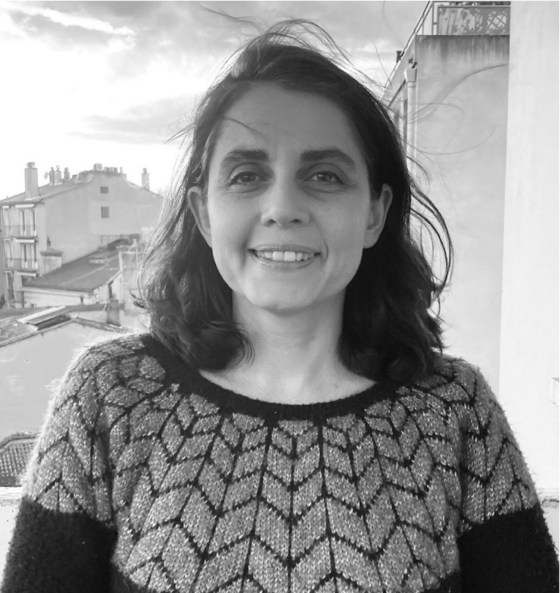
I am a psychiatrist in Toulouse University Hospital since 2006, I’m working in a day center and in a consultation unit. I have training in family therapy and I had trained as an anthropologist. Now I’m focused on psychotherapy and community psychiatry for persons who lives with SDDs. It is important for me to work within the public hospital not only to keep alive values of access to care for all and solidarity but also for teaching missions.
I am also part of Toulouse association P.R.I.SME bringing together mental health users, relatives and professionals with the idea of moving the lines in the field of mental health by sharing our points of view ,our knowledge and our experiences.
At home I live with three children with whom I am growing up as a mother. In my free moments, I like to immerse myself in a novel, a film, get lost in the media library and have a good time with few friends.
István Fazakas

I am currently a researcher at the University of Wuppertal, collaborator of the Marc Richir Archiv.
I studied philosophy and aesthetics in Budapest, Paris, Prague, Tokyo, Coimbra and Wuppertal. After a Ph.D. dissertation on the role of imagination and affectivity in the constitution of selfhood in contemporary French phenomenology (Le clignotement du soi. Genèse et institutions de l’ipséité, 2020), I have mainly worked on topics related to the phenomenology of psychopathology, on phenomenological aesthetics and on the question of materiality.
I find the dialogue between phenomenology and psychopathology fascinating and I believe that it can reveal essential aspects of topics of my interest: imagination, affectivity, selfhood, embodiment, intersubjectivity. As Maldiney put it, madness is a possibility that constitutes the humanity of man, a possibility that concerns the very foundations of our anthropological condition. The phenomenology of psychopathology is a way to bring these fragile foundations to light.
I am currently excited to work on a phenomenological approach to coenesthesia, on the notion of institution (Stiftung) related to selfhood, and the concept of the elemental. In my free time I play saxophone. I am a jazz fan, I love to go to art galleries, and I like spicy food.
Besides a theoretical framework, I see phenomenology as a task, following Husserl’s idea of leading the experience that is still mute to the pure expression of its own meaning (Cartesian Meditations, VI). It is about expression and about giving the word to experiences that otherwise would stay mute.
Laura Galbusera
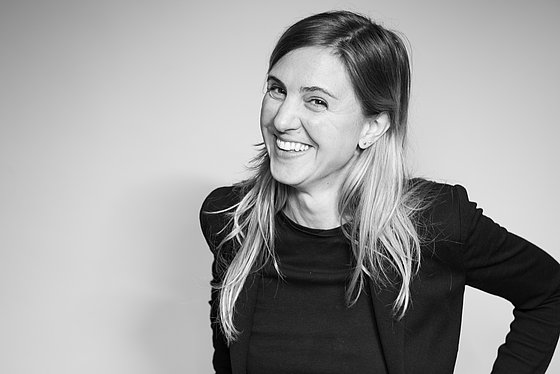
I am a clinical psychologist and systemic psychotherapist currently working as a guest professor for clinical psychology at the Brandenburg Medical School in Germany. I studied clinical psychology at the University of Bergamo (Italy) and obtained my doctoral degree in psychiatry (Dr. sc. hum) from the University of Heidelberg in 2016. I conducted my doctoral studies within an interdisciplinary research network, focusing on embodiment and intersubjectivity (Marie Slodowska Curie ITN „TESIS: Toward an embodied science of intersubjectivity“). Since then, my research has been been situated at the intersection of psychology, cognitive science, philosophy, and psychiatry. My primary research focus is on therapy and support for persons experiencing psychosis and their recovery process.
What happens in psychosis tackles in my view something that is crucial to human existence. I am especially interested in the reciprocal influence between subjective and intersubjective processes and in how this interaction might shape and challenge human experience. I approach this matter from a phenomenological perspective and from the perspective of enactive cognitive science. This interconnectedness of individual and interactive dynamics also resonates with my experiences in dance, especially in Argentine tango.
A systemic perspective profoundly influences both my clinical and research practice. I understand psychosis and other disorders as meaningful reactions to challenging contexts or circumstances. Consequently, I am interested in exploring explanations, emphasizing the „what for“ of symptoms rather than the „why“. To co-construct and support systemic psychiatric practices is also central to my clinical involvement.
Having encountered psychosis in my personal life while caring for a close family member suffering from it, I have developed a deep respect for the complexity of this phenomenon and a sense of humility. At the same time, I’ve cultivated a conviction regarding the significance of interpersonal aspects in supporting recovery from psychosis, along with a sense of urgency for better understanding those factors.
Tudi Gozé
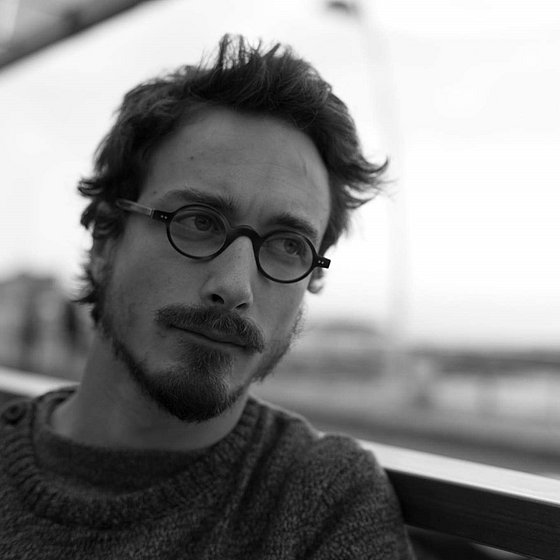
I work as a psychiatrist, medical teacher and researcher in Toulouse University and the Centre Hospitalier de Lavaur. I graduate in medicine (MD) and philosophy (PhD). This dual background has been essential for me to think about what happens in clinical encounters and how we think about medicine.
In psychiatry, I'm mainly interested in supporting people going through psychotic and schizophrenic experiences. I work on thinking psychic care as closely as possible to the person's experience and environment. I'm also trying to reform the public hospital system to move towards practices of collective emancipation and to avoid violent measures in care. This requires particular attention to the caregiver/cared for collective, do this, I draw inspiration from the institutional psychotherapy movement.
In philosophy, I have studied contemporary French and German phenomenology. I try to understand how lived experience emerges from early childhood, how it is constructed through culture and institutions, and how, for some of us, it can become precarious and lose its confidence. I hope to find in this work a way forward for a collective psychotherapy of psychoses.
Books :
Gozé, T. Phénoménologie et schizophrénie : Recherches pour une anthropologie du contact. Paris: Éditions Hermann, 2024
Gozé, T. Expérience de la rencontre schizophrénique : De la bizarrerie de contact. Paris: Éditions Hermann, 2020.
Quentin Grapini
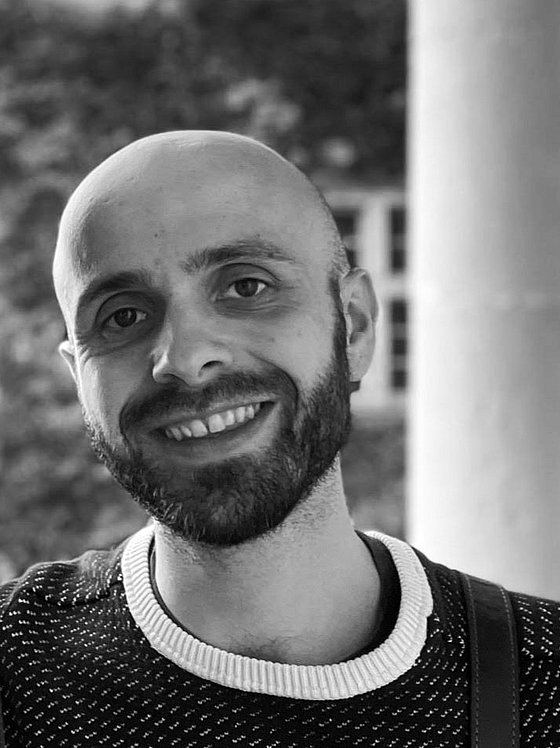
I am a psychiatry resident and a social anthropology student at Toulouse University in France. Additionally, I have specialized in drug addiction medicine.
Currently, I am delving into the concept of recovery for both my psychiatry thesis and my master's degree in social sciences. In one hand, my focus lies in exploring the sociohistorical context of this concept and considering various hypotheses regarding the process of recovery. In the other hand, I am particularly intrigued by what resources beyond medical care, such as self-help groups and associations, can offer to individuals with psychiatric issues. I am especially interested in the relational and collective aspect of recovery process.
While research is new to me, I find it very stimulating. It serves as a means for me to contribute to a deeper understanding of the world and to foster greater tolerance within it.
Héloïse Koenig
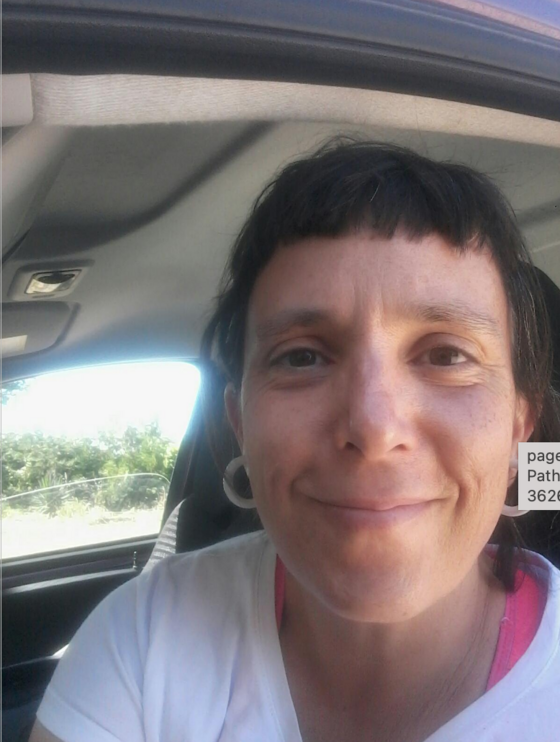
At the beginning of August 2000, as i was Erasmus-Student in an Institute for Political Sciences in Berlin, i became the Messiah, whose mission was to spread anarchy all over the world, in a soft and non-violent way. It was the starting point of a ten years long journey, that included wanderings, halts at psychiatric services, asylum-seeking in squats, willing work on organic farms, and political involvement.
I met people with whom i could be open about my story and find power and proud in it, instead of weakness and shame. We built different collectives, strongly attached to emancipation and social justice, aiming at reinforce people’s ability to face mental distress.
Writing a book about my delusional adventure (Barge) brought some new opportunities to talk in public about madness and the way we accompany it.
Since February 2023, I’m a peer worker in a small psychiatric hospital in Lavaur (Tarn), a new challenging playground.
Lily Martin
I am a clinical psychologist and psychotherapist in training currently working as a
post-doctoral researcher at Brandenburg Medical School and as a practitioner at the
psychosomatic day clinic Sonnenallee of Vivantes.
I studied clinical psychology at Free University Berlin and obtained my doctoral
degree at Heidelberg University (“Schizophrenia and the moving body” see
https://archiv.ub.uni-heidelberg.de/volltextserver/35800/).
My research is situated at the intersection of psychology, psychiatry, biomechanics
and philosophy and focuses on the interplay between psychiatric disorders and body
movement, as well as on the empirical and experimental substantiation of theories on
embodiment and disembodiment. I am particularly interested in the question of how
changes in movement affect self-experience and vice versa.
In my research I try to work collaboratively. This means, I understand study
participants as collaborators for the goal of exploring a research question. All
collaborators of a research project – researchers from different academic fields or
people affected by mental illnesses – are equally vital experts on different parts of the
project’s topic. Some contribute methodological expertise, some expertise through
experience.
Following this idea, a colleague and I co-founded the Pop-up Institute— a location-
independent, project-based institute dedicated to reducing stigma and fostering
empathy toward mental illness. Through artistic media and methods of Creative Arts
Therapies, we share and communicate the experiences of those affected (see
www.popupinstitut.com).
Matthias Pauge
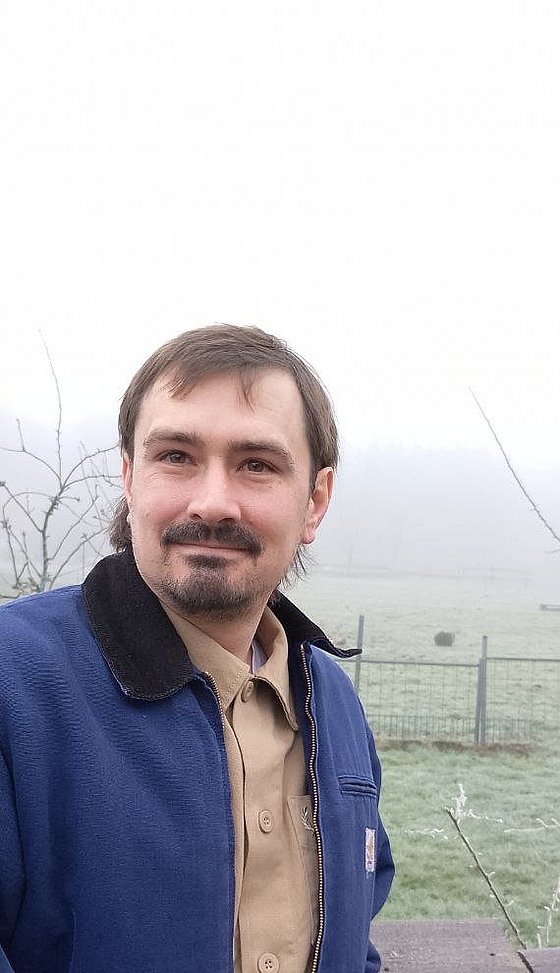
I work as a mental health nurse for about 20 years and since then I have gained a lot of experience with people diagnosed with schizophrenia and people with psychotic experiences. I am currently working in a psychiatric hospital in Dortmund, Germany as an expert in recovery from psychosis and other mental health crises. A few years ago, I started voice-hearers groups and other approaches to handle voice-hearing.
I also have a bachelor's degree in psychiatric nursing, a master's degree in Sociology and a doctorate in sociology, social psychology and anthropology. My thesis was about the everyday lives of people experiencing psychosis. I conducted narrative interviews and reconstructed the participants' structure of individual sense and meaning making of everyday life and their development of identity struggling with the individual and social changes caused by psychosis. In terms of the recovery process, it is clear that individual strategies for coping with psychosis are poorly understood in psychiatric research and clinical practice.
Thelke Scholz
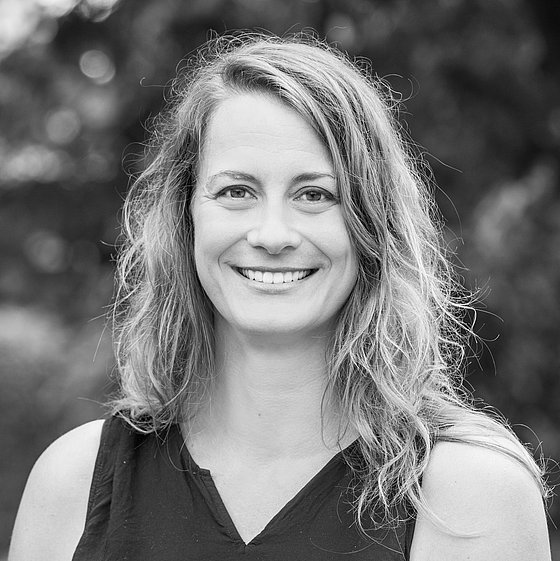
I am a peer support worker, researcher and trainer, also I am trained in open dialogue. I live with a diagnosis of schizophrenia.
I am member of the board of the Deutsche Gesellschaft für soziale Psychiatrie (DGSP) and spokesperson of the expert committee of psychotropic drugs. (ibid.)
Since completing my course as an Experienced Involvement (EX-IN) recovery coach in Bremen, I have been working as a freelance lecturer in social psychiatry throughout the German-speaking world and increasingly beyond, mainly on topics such as reducing psychotropic medication, recovery from and with psychosis and schizophrenia (however you want to define that), as well as dialogical approach, social attitudes and interaction. I mostly work for and with so-called professionals, IE people who work for and with people in complex and challenging circumstances by means of training or studies. In order to stay in good contact with who I am and what alignment I stand for (namely my own lived and survived experience expertise), I have completed the Experienced Involvement Trainer course and have been training other EX-IN recovery coaches since 2020.
I am a lucky mum, loyal friend, wife, daughter, sister, companion - and I am a cheery person who loves to laugh.
Photo by Sabrina Adeline Nagel
Claudia Serban
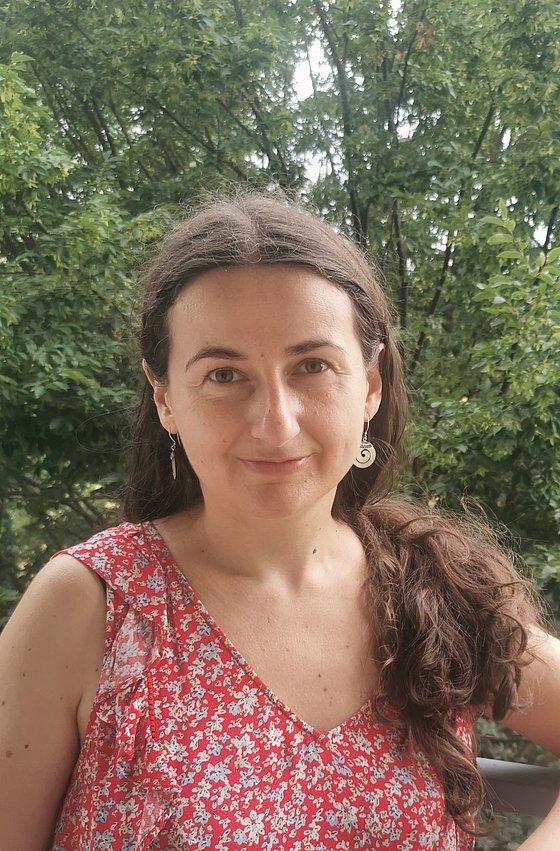
After a PhD at the Sorbonne (2013), Claudia Serban is Assistant professor (maîtresse de conférences) at the Toulouse Jean Jaurès University in France since 2015. She has published several papers on German and French phenomenology and Kantian idealism, as well as Phénoménologie de la possibilité: Husserl et Heidegger (Presses universitaires de France, 2016).
Samuel Thoma

I am a psychiatrist and psychotherapist with a degree in medicine (PhD) and philosophy (PhD) employed at the Brandenburg Medical School as a clinician and researcher. I have a training in cognitive-behavioral therapy and Open Dialogue. I have studied medicine and philosophy in Berlin and Heidelberg (Germany) and Lyon (France).
In my clinical work, I am primarily interested in the social context of people, in what concerns and troubles them in their everyday lives and not necessarily their symptoms. I am particularly interested in psychotic experiences and how these can arise and subside in the social context of a person. In my day-to-day work, I am often burdened by the density of tasks and the lack of time for having relaxed conversations with patients and colleagues. I often ask myself whether psychiatry can be the place where people in need can truly be helped.
The fact that I nevertheless ended up in psychiatry professionally has to do with my biographical background. My mother is also a psychiatrist, I have family members with psychiatric diagnoses and have also received psychiatric help myself and have had a few experiences close to psychosis, which both impress but also sometimes scare me. At the same time, it makes me feel indignant when people claim that they cannot become psychotic.
Research, especially on psychosis, is a way for me to take a different perspective both on the limits of what seems institutionally (un-)realisable at the moment and on my own experiences, which are limited to my own life. The possibilities of what can be experienced seem to me to be so much more than we believe in our conscious and everyday reflection. For me, research is a way of collectively opening up this space.
Clémence Thuillier
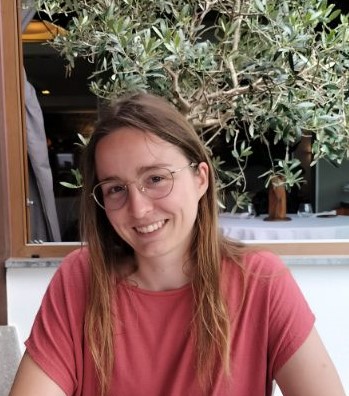
I am a resident in psychiatry in Toulouse University Hospital and will graduate in 2026.
I have since a very long time been interested in medicine and in doing a job in which I can care for others.
During my medicine studies, I wasn't at first considering psychiatry before I went in a psychiatric service for an internship. There, I discovered that it was important to me to take care of the people as a whole, without fixating on one of their organs nor denying the impact of socio-economico-cultural factors on their health or lack thereof.
I struggled when it came to choose psychiatry for my residency because I had discovered the violent part of that specialty : the many restrictions that we are allowed to impose on people, the many accurate critics formulated by survivors or users of the psychiatric institutions and I didn't want to participate in this violence.
From this moment, I tried to research as much as possible first person perspective of users, critical perspectives on psychiatry to be able to try to change it for the better if it is possible and to find ways to better assist people in psychological distress.
I am very interested in recovery, in peer support, in antipsychiatry, and in phenomenology as a method to focus on first person perspective and to better understand the lived experience of the people I assist.
There is a history of psychiatric disorders among my family which is in part responsible for my interest in all these questions and for my urge to better understand psychological distress in its many forms.
Nicholas Witzig
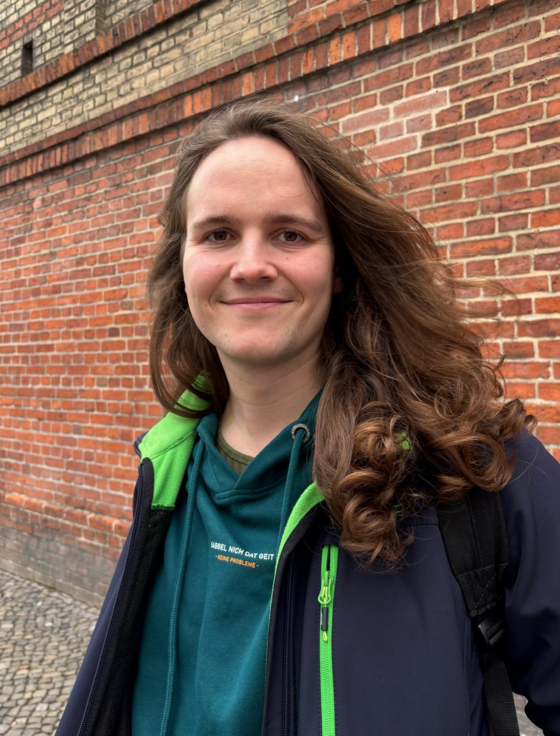
I am currently studying clinical psychology and psychotherapy at the Brandenburg Medical School in Neuruppin, Germany. Systemic approaches to psychotherapy have especially captured my interest; understanding mental health as a product of intra- and interpersonal dynamics as well as broader societal contexts creates a salient framework for me, with which to help people as they face challenging experiences.
I joined the project as a student assistant, bringing with me some humble experience in qualitative research methods. I have no prior experience with psychosis or schizophrenia, be it professional or otherwise, but am grateful for the opportunity to explore expand the recovery-oriented perspective on them. My impression of orthodox approaches to and perspectives on the subject has been unsatisfying, given the often violent and stigmatizing consequences therein.
